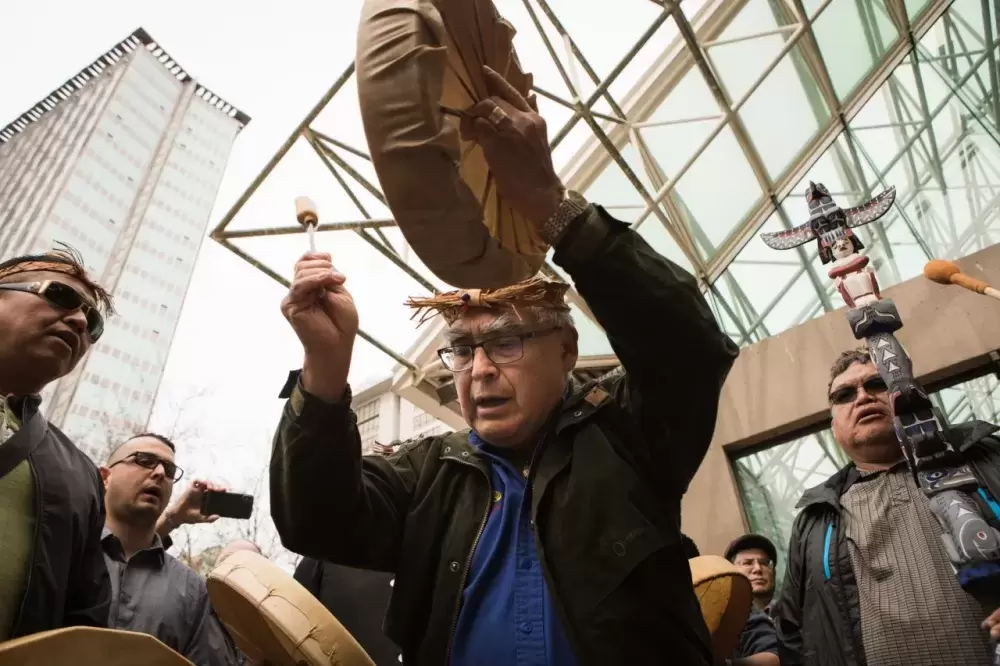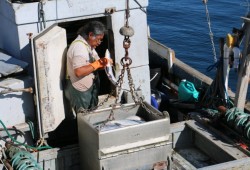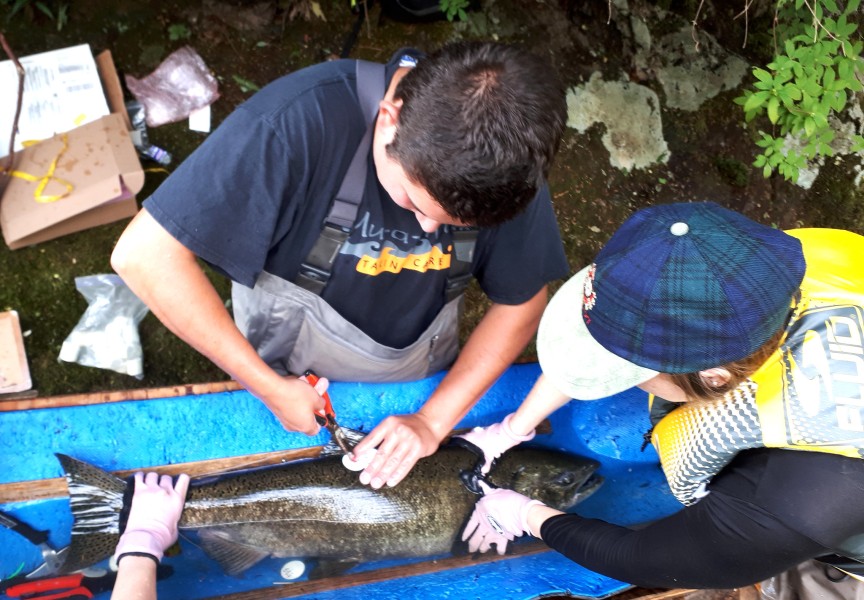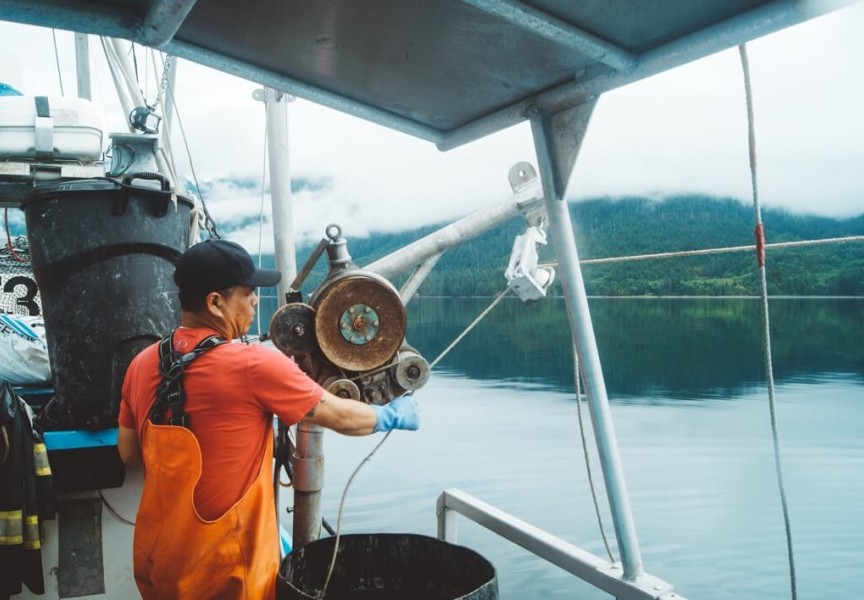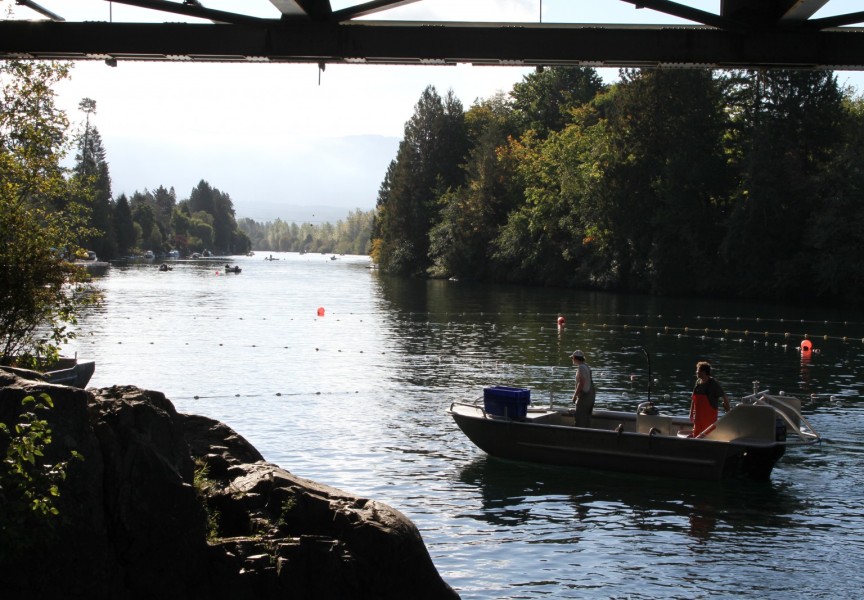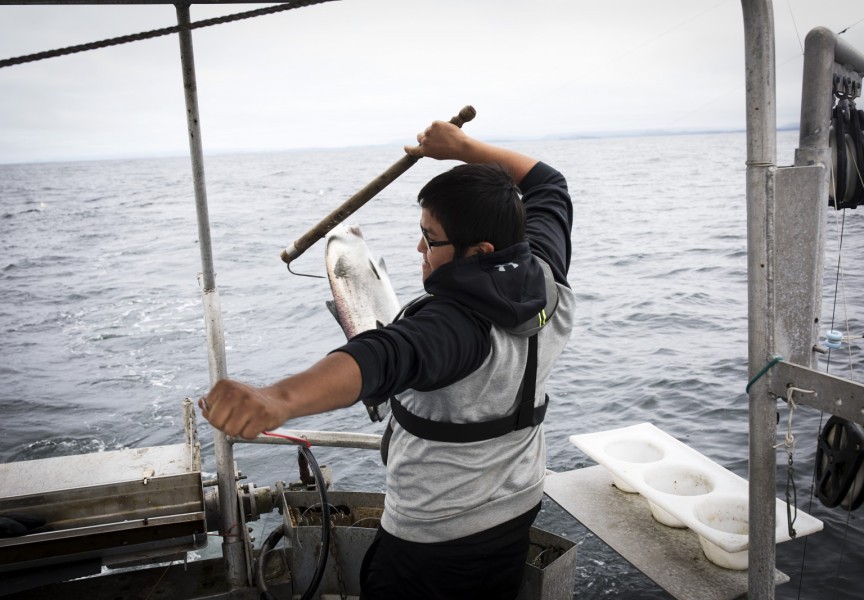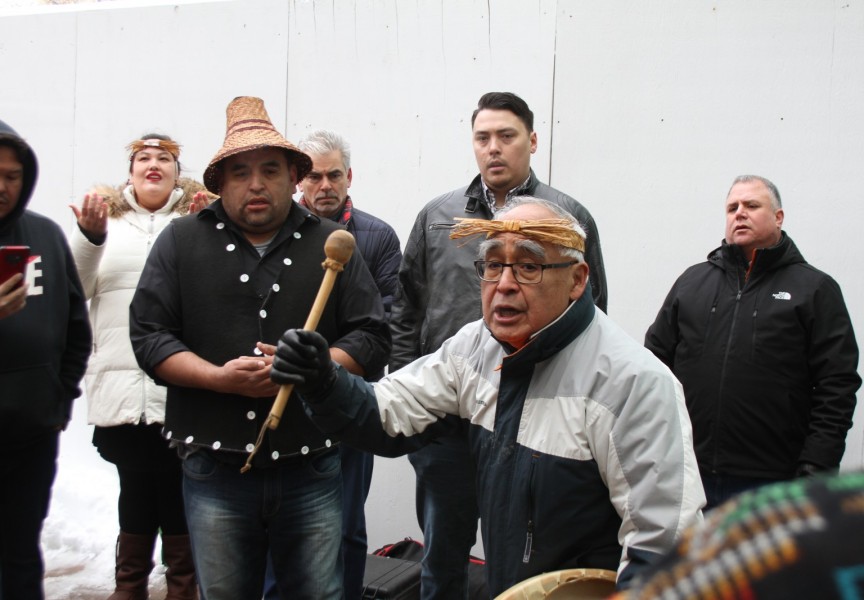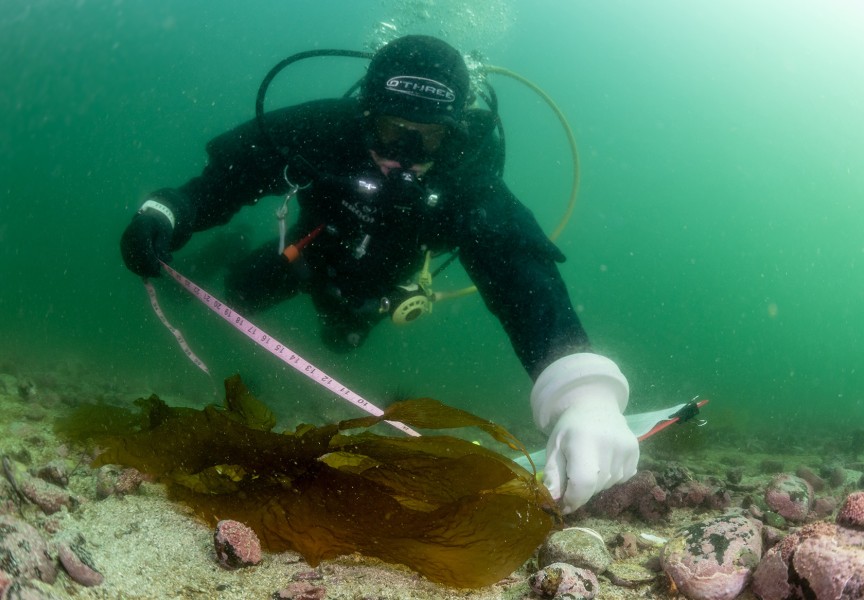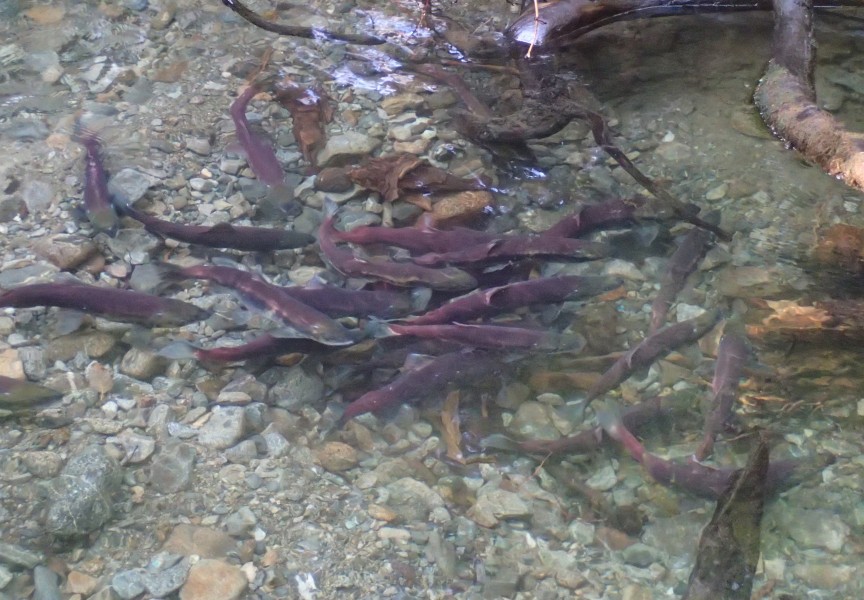NTC President Judith Sayers, acting on behalf of five Nuu-chah-nulth nations, has sent a letter to newly re-elected Prime Minister Justin Trudeau insisting that Canada follow up on promises they made to reconcile with Canada’s First Nations. For Nuu-chah-nulth-aht, a concrete demonstration of reconciliation would be for the federal government to implement the 2009 court ruling that recognized the Aboriginal rights of the Ahousaht, Hesquiaht, Tla-o-qui-aht, Ehattesaht and Mowachaht/Muchalaht nations to commercially harvest fish in their territories.
Nov. 3, 2019 marked the 10th anniversary of the landmark B.C. Supreme Court decision that established the nations’ right to commercially harvest fish in their territories. But after a decade the nations’ fishermen are still struggling.
“It should not take the Government of Canada 10 years to live up to a judgement of Canada’s high court,” NTC President Sayers said in a statement. “This is absolutely unacceptable…this means 10 years of lost revenue to our fishermen and a denial of our right to a commercial fishery.”
The NTC and the plaintiff nations urged the government to fulfill their obligations regarding the nations’ constitutional right to fish.
“The federal government must not stall anymore and must move immediately to remedy the issue,” said Sayers.
Since 2009, implementation of the ruling has been delayed and challenged by a series of unsuccessful attempts to appeal the decision by the Canadian Government.
“We should not have to fight for a way of life that our ancestors carried on for thousands of years,” said Wickaninnish, Cliff Atleo Sr. of Ahousaht First Nation. “Past governments imposed small portions of our territory as reservations because we depended on the sea. Through government policies our people have been systematically forced off the waters.”
The letter to government outlined four points, essentially requesting Prime Minister Trudeau direct his staff to conclude a reconciliation agreement with the nations and direct fisheries staff to revise policies and regulations that foster community-based fisheries.
“Agreement or no agreement, our nations require and are entitled to meaningful, economically viable fishing opportunities,” reads the statement from five nations.
“It is our intention to re-establish an independent way of life through sound management and harvesting methods. The government encourages successful economies and we intend to be a part of that,” said Atleo.

